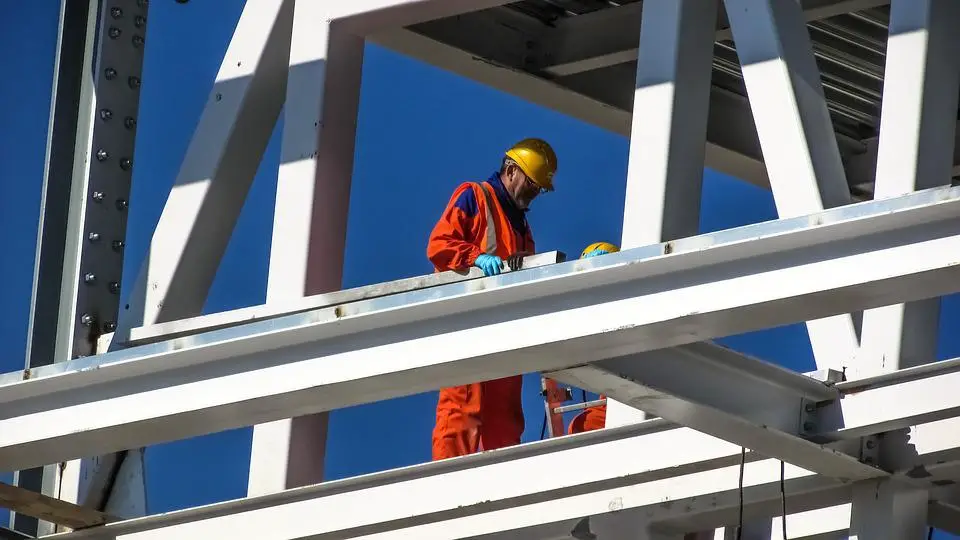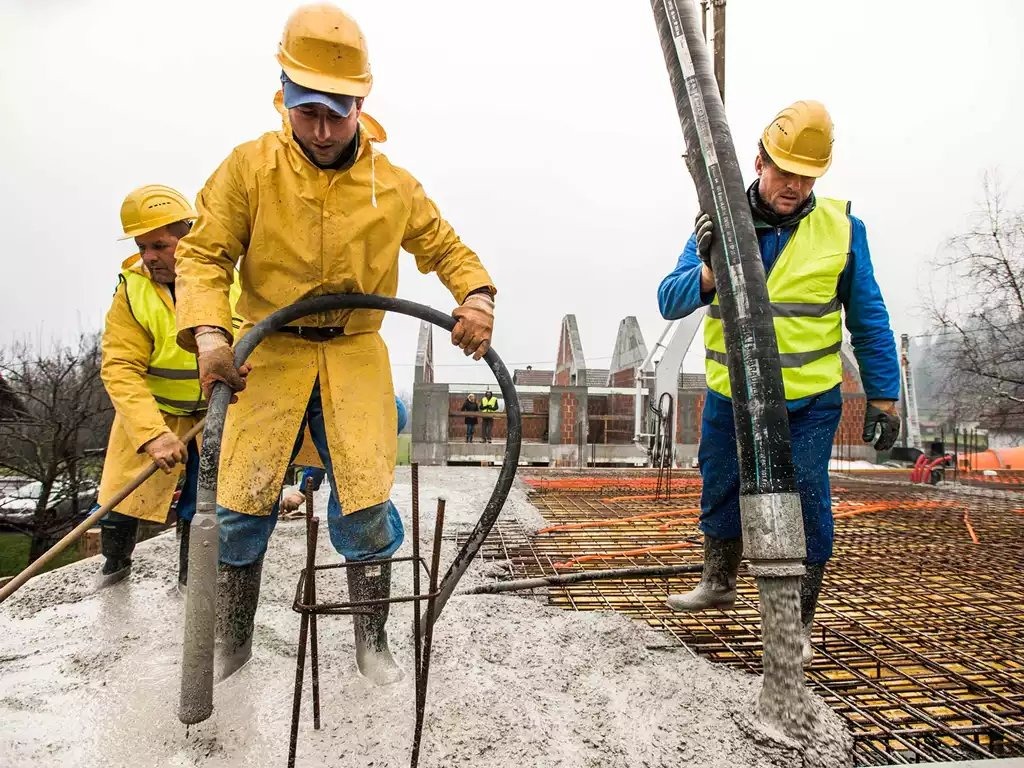

Croatia’s Construction Boom Fuels Urgent Demand for Imported Manpower
- trienkhaiweb
- 21 February, 2024
- 0 Comments
Croatia’s construction industry is experiencing a significant surge, leading to a critical shortage of skilled workers. This labor deficit is prompting construction companies across the nation to turn to labor importing as a solution to meet the rising demands of infrastructure development.
The Manpower Shortage: A Growing Challenge
The Croatian construction sector has long faced challenges in attracting and retaining a skilled workforce. A combination of factors, including an aging workforce, emigration of young workers to other EU countries, and a lack of interest in construction careers, has created a significant gap in the labor market. This shortage of manpower is hindering the industry’s ability to keep up with the increasing demand for new construction projects.

Why Labor Importing is the Answer
To address this pressing manpower issue, Croatian construction companies are increasingly relying on importing labor from abroad. This strategy allows them to tap into a wider pool of skilled workers, ensuring that projects are completed on time and within budget. The imported manpower brings valuable skills and experience, contributing to the overall efficiency and quality of construction projects in Croatia.
Key Source Countries for Imported Manpower
Croatia is actively sourcing manpower from various countries to meet its construction labor needs. Some of the primary source countries include:
- Neighboring Balkan Countries: Countries like Serbia, Bosnia and Herzegovina, and Kosovo provide a readily available source of skilled construction workers who often share cultural similarities and may possess some Croatian language proficiency.
- Southeast Asia: The Philippines, in particular, has become a significant source of manpower for the Croatian construction industry. Filipino workers are known for their strong work ethic, technical skills, and adaptability.
- Other EU Member States: Croatia can also attract manpower from other European Union countries, particularly those with higher unemployment rates, offering opportunities for skilled workers seeking better employment prospects.

The Importance of Ethical Recruitment and Integration
The Croatian construction industry recognizes the importance of ethical and responsible labor importing practices. Companies are working with reputable agencies to ensure that foreign workers are treated fairly, receive competitive wages and benefits, and have access to proper housing and support services.
Integration efforts are also crucial for the success of imported manpower. Providing language training, cultural orientation, and opportunities for social integration can help foreign workers adjust smoothly to life in Croatia and enhance their contributions to the construction sector.
The Future of Croatia’s Construction Workforce
While labor importing is a vital short-term solution to Croatia’s construction manpower shortage, long-term strategies are also necessary. The industry, in collaboration with the government and educational institutions, must focus on:
- Promoting Construction Careers: Efforts to rebrand the image of construction work, highlighting the opportunities for good pay, career advancement, and the satisfaction of building essential infrastructure, are needed to attract a new generation of Croatian workers.
- Upskilling and Training Programs: Investing in training programs to upskill existing workers and provide pathways for those from other sectors to transition into construction careers can bolster the domestic workforce.

Croatia’s Construction Sector: Poised for Growth with Manpower Solutions
The Croatian construction industry holds immense potential for growth, fueled by infrastructure development projects and a revitalized economy. By addressing the manpower shortage through a combination of imported labor and long-term workforce development strategies, Croatia can ensure a sustainable and thriving construction sector for years to come.
Related articles
Employee Empowerment with Quinn Vietnam Manpower
In today’s dynamic business landscape, organizations are increasingly recognizing the importance of employee empowerment as a key driver of success. Quinn Vietnam Manpower, a leading provider of manpower solutions in Vietnam, understands that empowered employees are more engaged, productive, and committed to organizational goals. This article delves into the concept of employee empowerment, exploring its…
Quinn Vietnam Manpower’s 5 Steps to Successful Coaching in 2025
In today’s dynamic business environment, maximizing your manpower’s potential is crucial for success. Effective coaching programs are key to unlocking this potential, fostering employee growth, and driving organizational performance. Quinn Vietnam Manpower, a leading provider of manpower solutions, presents a comprehensive guide to successful coaching in 2025. Whether you’re leading coaching sessions yourself or partnering…
Functional Skills: A Guide for Quinn Vietnam Manpower’s Workforce in 2025
In today’s competitive job market, possessing strong functional skills is more critical than ever. For Quinn Vietnam Manpower, equipping our manpower resources with these essential skills is key to their success and the success of our partner businesses. This comprehensive guide explores the importance of functional skills, particularly in Math and English, and how Quinn…
Level Up Your Workforce: Gamification Strategies for Quinn Vietnam Manpower
In the competitive landscape of Vietnam’s manpower industry, attracting, engaging, and retaining top talent is more critical than ever. Quinn Vietnam Manpower recognizes the power of innovative solutions, and gamification is emerging as a game-changer in the realm of human resources. By integrating game mechanics and elements into various HR processes, Quinn Vietnam Manpower can…
3 Communication Skills Every Manager Needs to Thrive
In today’s rapidly evolving business landscape, effective communication skills are more critical than ever for managers. Whether you’re a seasoned leader or newly promoted, honing your communication abilities can significantly impact your team’s performance, morale, and overall success. This article delves into three essential communication skills every manager needs to master in 2025 and highlights…
Harnessing the Power of Insights with Quinn Vietnam Manpower
In the dynamic landscape of 2025, where businesses face unprecedented challenges and opportunities, the ability to gain profound insights is more critical than ever. For project management (PM) in Vietnam, this rings especially true. Quinn Vietnam Manpower, a leading provider of manpower solutions, recognizes the crucial role of insights in driving project effectiveness and organizational…







